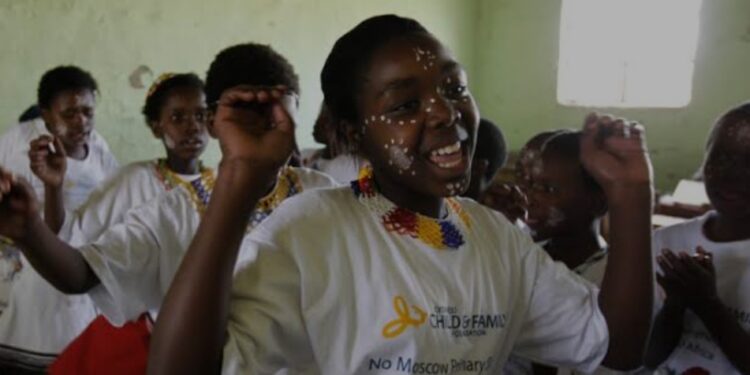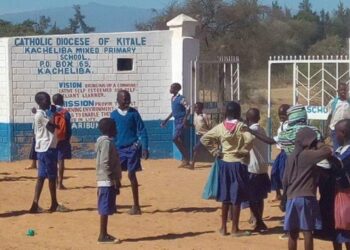Students in the rural villages of Odadeni and KwaQoloqolo, KwaZulu-Natal, have missed school for four consecutive days due to ongoing community protests over water shortages and infrastructure demands.
The demonstrations, which began on Monday, saw residents blocking roads, calling for improved access to water and better road infrastructure. Protesters in KwaQoloqolo demanded that the government tar the main road to their village and address persistent water outages.
Meanwhile, Odadeni residents called for water deliveries via municipal trucks and the construction of a bridge to ensure safe passage across a river that separates them from essential services like schools and clinics.
By Thursday, schools remained closed as the protests disrupted transportation. The provincial Department of Education spokesperson, Muzi Mahlambi, was unable to confirm the exact number of affected students.
Following discussions with government officials, community leaders agreed to suspend the protests on Friday after authorities promised to resolve the water crisis by next month.
Authorities Cite Challenges
The Umzumbe Local Municipality, under the Ugu District Municipality, stated that recent discussions about tarring the village roads may have triggered the protests. However, Provincial Transport spokesperson Ndabezinhle Sibiya explained that financial constraints have delayed road construction, particularly after last year’s floods damaged infrastructure in many rural areas.
Ugu Municipality spokesperson France Zama attributed the water shortages to illegal connections, which deplete the reservoir faster than expected. He noted that while communal taps had been installed, many residents connected directly to the main water pipeline, further straining the system. Additionally, the growing number of houses in the area has increased water demand.
Although the protests have been temporarily suspended, residents remain hopeful that the government will fulfill its promises and prevent further disruptions to education and daily life.
Original article published by GroundUp.


















































































 EduTimes Africa, a product of Education Times Africa, is a magazine publication that aims to lend its support to close the yawning gap in Africa's educational development.
EduTimes Africa, a product of Education Times Africa, is a magazine publication that aims to lend its support to close the yawning gap in Africa's educational development.